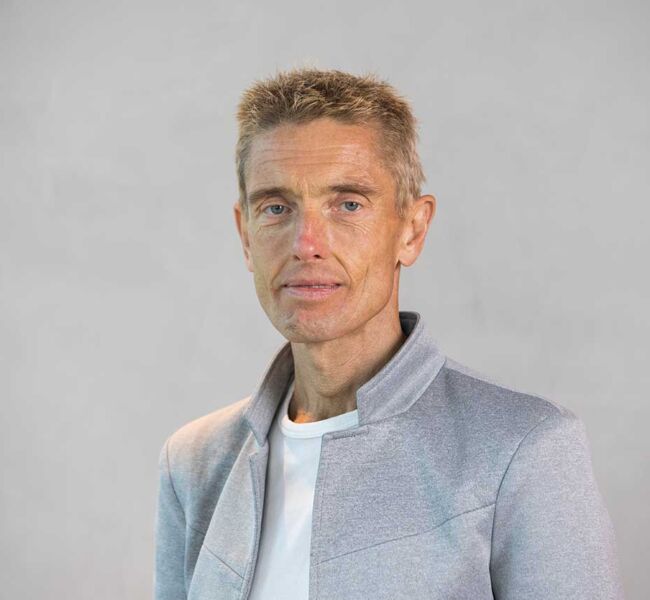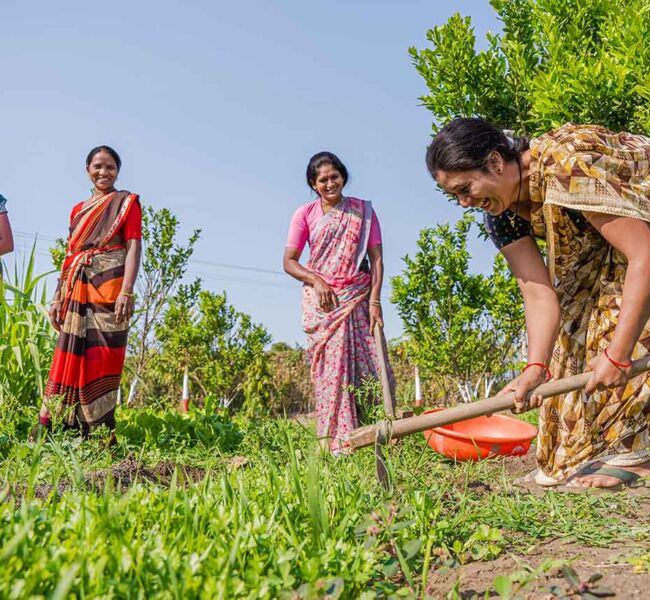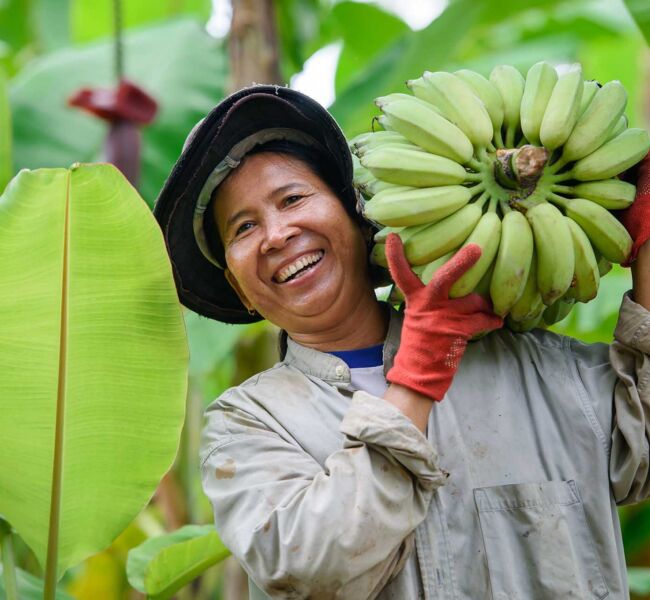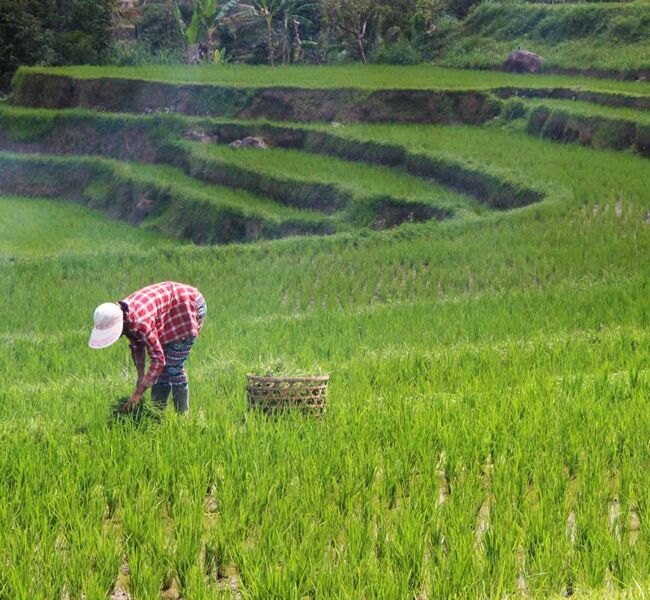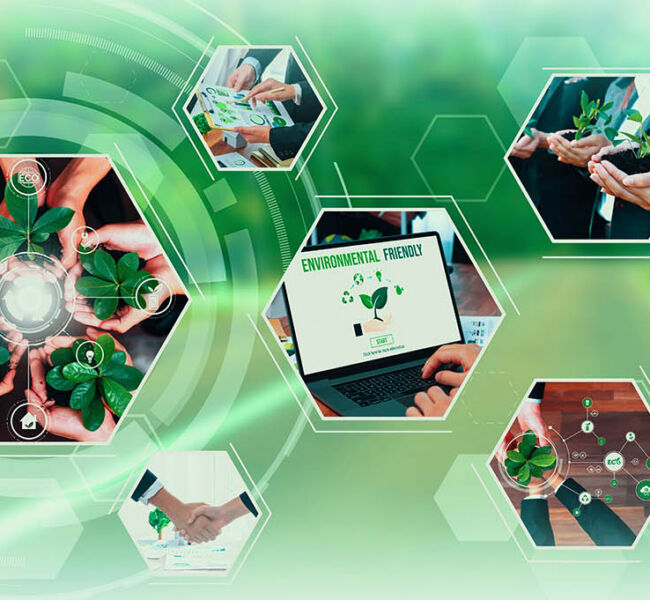Christoph Langwallner, Founder & CEO, WhatIF Foods.
In the past decade, the world has seen an exponential rise in morbidity from noncommunicable diseases such as cardiovascular diseases, obesity and diabetes. It is my belief that the poor quality of food people are eating is a significant contributing factor.\
The world is facing a paradoxical issue with food – we’re producing enough food, yet millions are going hungry, are overweight or deficient of the right nutrients. The extreme loss of agrobiodiversity due to an industry-wide consolidation resulted in the production of only a few crops to feed us. Notably, three crops (rice, corn, wheat) supply more than 60% of all human calorie consumption. These calories stem predominantly from refined ingredients which are stripped of fiber and micronutrients which are turned into ‘food’ that is cheaper and sometimes more accessible than portions of fruits and veggies. Thus, over the past seven decades, the population has created an obesogenic food environment which is calorie dense, but nutrient poor.
In the context of COVID-19, this nutritional issue is brought to the forefront of our consciousness, when protecting our health and wellbeing has become of prime importance. Our relationship with food is changing. There is a need, more than ever before, for consumers to have options that do more than just satiate their cravings. As consumers, we are seeking more knowledge about nutrition and immunity and there has become a tendency to try new foods, especially plant-based options.
But this goes beyond nutrition. The Agrifood industry contributes about one third of all emitted anthropogenic GHG and uses about 70% of fresh water. Every one and a half days, we lose forests the size of Singapore, and up to 70% of our lands are degrading. This is a system that leaves farming communities in a very vulnerable state.
It is with these reasons in mind that we launched WhatIF Foods: to bring truly nutritious foods under accessible and familiar forms, which are tasty, convenient and immune-optimising. After five years of research, we have found a way to help address these issues. Our solution is simple; diversify our food source with plants that have high nutritional content. We call these plants ‘Future Fit’ crops.
Our Future Fit crops, aside from being nutritious, can withstand the unpredictable climates of the future and can be grown on degraded lands. Combining them with unique food science and technology, we can create new ecosystems to impact the whole value chain, pivot the current food system and make bold changes for the health of our people and planet.
These Future Fit crops also empower farmers who have too often been disempowered by the current food system. By diversifying their income sources, farmers can earn a reliable income on previously unproductive and degraded lands, whilst decreasing their susceptibility to drought and climate change through the attributes of Future Fit crops.
Food is more than just calories. It is about sustainable agriculture, fair profits and respect for the world we live in. To us, this is the future of food. It is 360° sustenance: the creation of tasty foods that nourish us, our only planet, and farming communities!
I hope people will recognise that ‘you are what you eat’ is no longer applicable. It should be ‘you and your planet are what you eat’. There is a direct correlation between our food choices and the impact we have on our world, as well as on our health, lands, and farming communities. Recognising this, is the first crucial step that needs to be taken to improve our food system.
After two decades working for some of the biggest names in the agriculture and food industry, five years ago Chris co-founded NamZ – a bio-science based, consumer-focused, innovation incubator. Chris brings fair and inclusive business strategies, sciences, and remarkable people together to create nutritious products for a profoundly healthier planet, humanity and economy. In June, NamZ launched WhatIF Foods.
